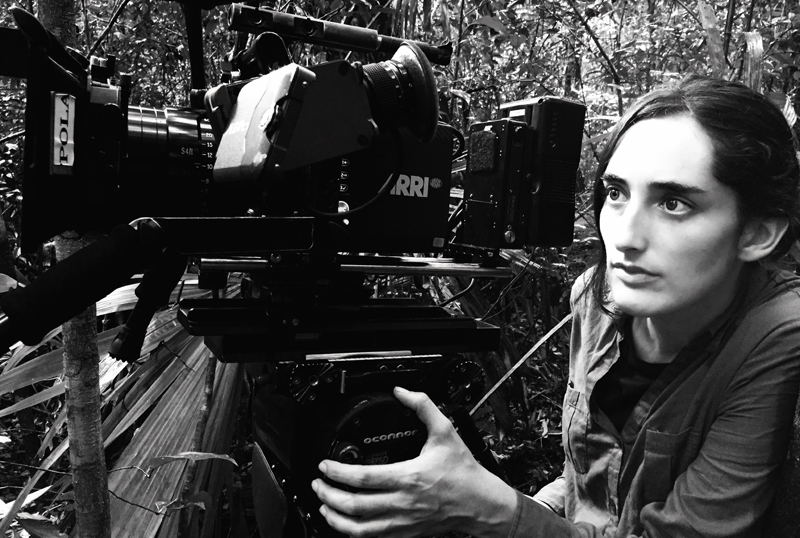Beyond the window of millionaire and beautiful films
- The award ceremony for competing films is held after the Zinemaldia. In it, in addition to choosing the winner of each section, the palmarés of the Official Section are completed: better actor, better script, better film... Sometimes I have a doubt that prizes do not make films, that is, they are not mere films to win prizes. Let's put that actor in order for the film to take visibility or for that other director to be able to enter a particular film festival. Against this, we propose here the medals that award other values: other awards of the Festival. And maybe the movies are going to look for them later.

1) Movies to Help Mourn
In it we will collect the films that have been made on the way to overcome a fact lived by the director. Among them are Correspondence, by Carla Simón and Dominga Sotomayor, for linking her personal concerns with greatness; The pipelines, by Camilo Restrepo, who reports the real experiences of the actress protagonist; and Night vision, by Carolina Moscoso, who tries to overcome the violation suffered by the director.
2) Films that bring cinema to the distance
Travel to unusual worlds. To this end, the elected representatives are Gmª shng yuán hé màn bàn pāi, from Dong Singyi, for being the window of a possible return from prison in a Chinese village; The wolf children, from Otávio Almeida, for proposing that the remnants of the war in Angola may be in Cuban children; and Grigory Kolomytseven the world of a child.
3) Essay films to question imaginaries
Umibe no kanojotachi, by Akio Fujimoto, shows the specificities of migration in women; by opening the way to continue thinking about the conflict Jo ta ke, by Aitziber Olaskoaga; and Dustin, by Naïla Guiguet, by approaching different stories through a non-hegemonic body.
4) Films that knock down the boundary between lie and truth
The Soul of Jaione Camborda, which complicates the presence of the inhabitants of a town; My Mexican Bretzel, of Nuria Giménez, for the construction of the ghosts of a file; and the Fauna of Nicolás Pereda, for questioning the balance of the interior and exterior worlds.
Outside of being a simple device to see uncomfortable facts through a filter, let's ask the movies more. We need the spectator to move from his place, to withdraw the protective measures, to feel challenged, and to see if we can get out of the room wanting to debate.





















